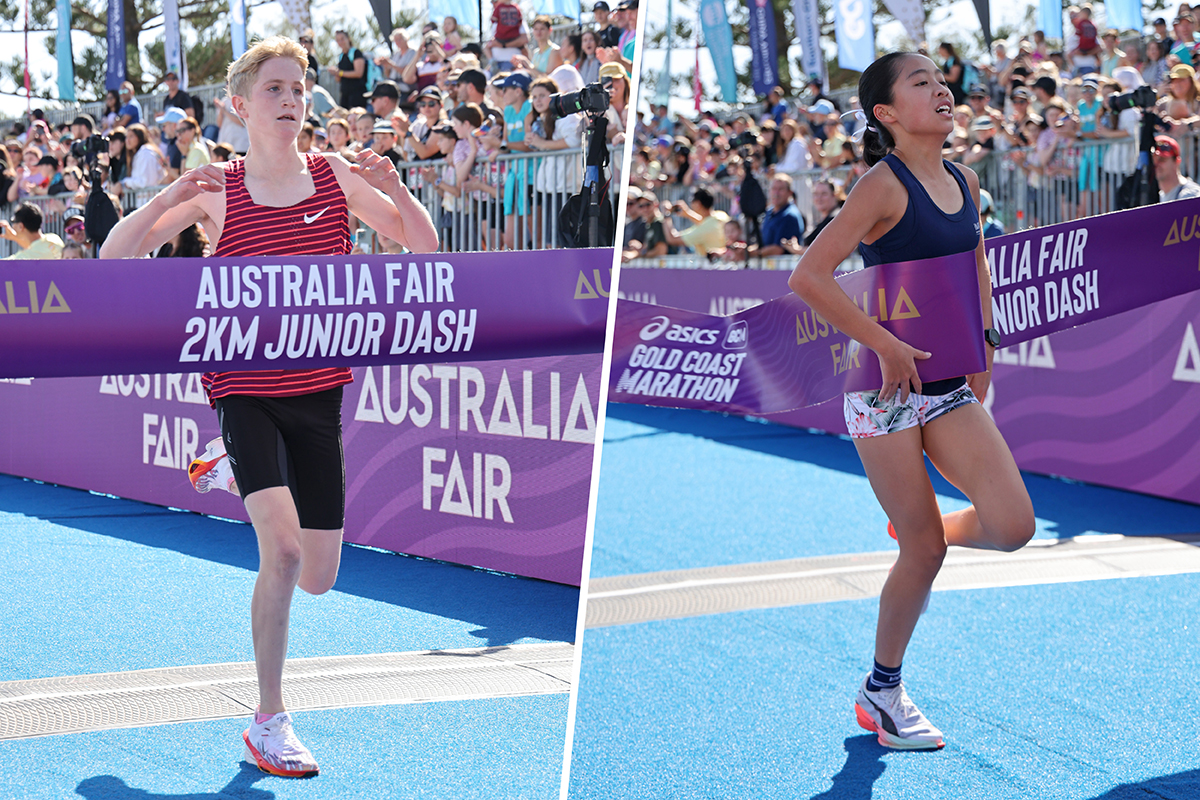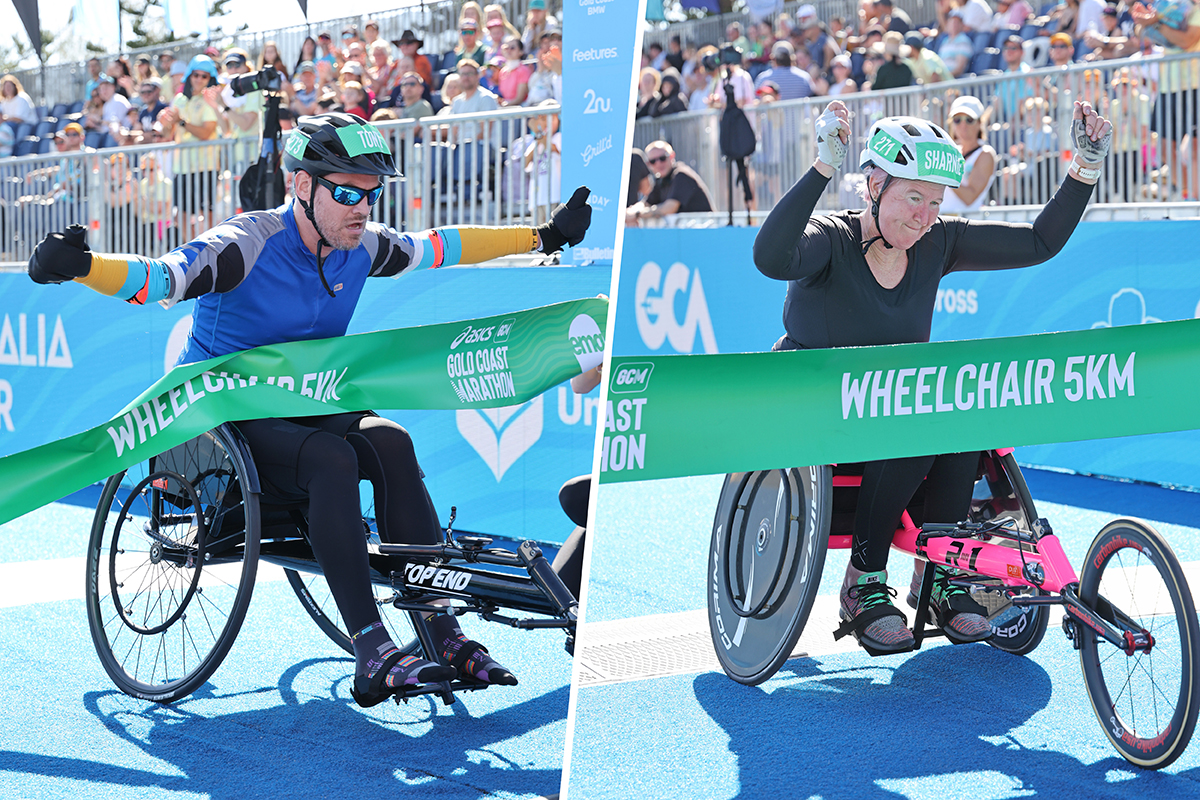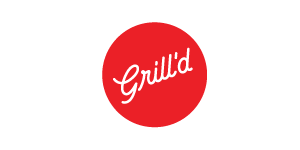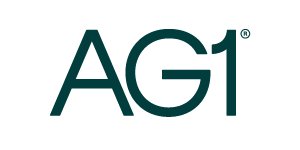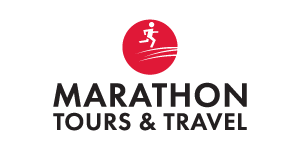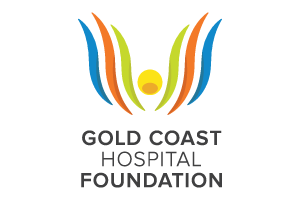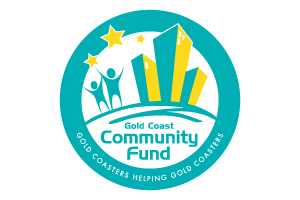In one of the most spectacular wheelchair race performances seen on the Gold Coast course, Victoria’s Sam Rizzo took the men’s 2025 Gold Coast Wheelchair...
Runners' Nutrition 101 with Southern Cross University
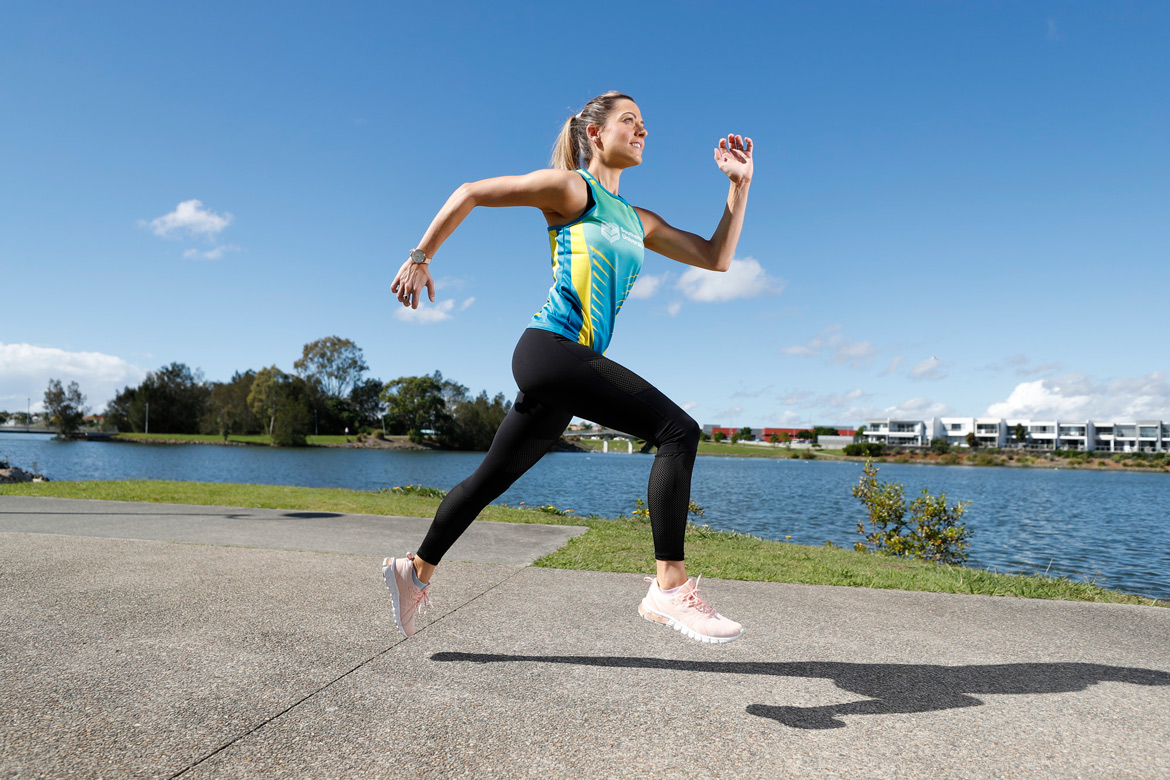
Southern Cross University's Heidi Patenaude in training for the Village Roadshow Theme Parks Gold Coast Marathon.
With July 4-5 fast approaching, now is the time to start thinking about what you eat and drink while you train for the Village Roadshow Theme Parks Gold Coast Marathon – it can significantly affect your performance and recovery as you prepare. Test out your diet and hydration strategies well before the event and adjust as required with the changing seasons.
Here are some tips from Southern Cross University nutrition expert Holly Muggleston: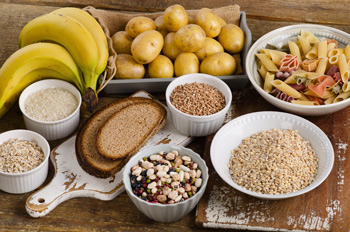
Prioritise carbohydrate intake:
You’ll need different levels of carbohydrates according to the duration and intensity of your training sessions – a longer, more intense session will require more to fuel you . Carbohydrate foods include wholegrains (bread, cereal, rice, pasta), starchy vegetables (potato, sweet potato, legumes), fruit, and dairy foods. Even on light training days, you need to include several types of carbohydrates at each meal and some as snacks. It’s important to remember to consume carbohydrates after training to quickly restore lost muscle fuel (glycogen).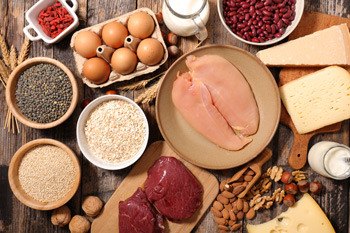
Keep your protein up to repair and build muscle:
Protein-rich foods are required to repair any muscle damage and to build muscle after training. Meat, chicken, fish, eggs, dairy, legumes (tofu, lentils, chickpeas) and nuts are great sources of protein for the body. Including protein at every meal and during your training schedule helps to provide the protein building blocks needed by your muscles.
Other things to keep in mind:
Some runners may experience issues related to distance running such as gastrointestinal upset on heavy training days. Waiting several hours after eating before training may help to reduce gastrointestinal discomfort. A meal that is low in fibre and fat or a liquid meal replacement may be better tolerated.
Female distance runners are at higher risk of low iron levels due to menstruation. Iron rich foods include red meat, poultry, salmon, legumes, nuts, dried apricots, whole grains and green leafy vegetables. Eating foods high in vitamin C (fruit and vegetables) simultaneously will improve iron absorption from food. Conversely coffee, tea, red wine and tofu can reduce iron absorption. Low iron levels reduce the body’s ability to carry oxygen and will result in early fatigue and poor overall performance and should be investigated by a GP.0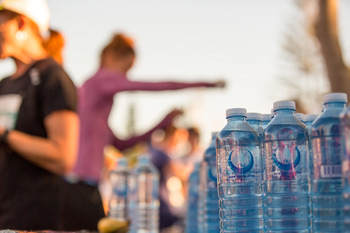
Hydrate through autumn:
As the weather cools over autumn, make sure you keep your fluids up even when you aren’t thirsty to avoid dehydration. Aim to replace 150 per cent of fluid lost as sweat over the four-to-six hours after training. If replacing fluid with water, eat a snack or meal at the same time, as this will also provide lost electrolytes; and, if chosen wisely, will deliver needed carbohydrates and protein. Other suitable fluids are sports drinks, soft drinks, milk or soy milks and fluid meal replacements.


